Digital Marketing Strategies for Small Businesses: A Comprehensive Guide
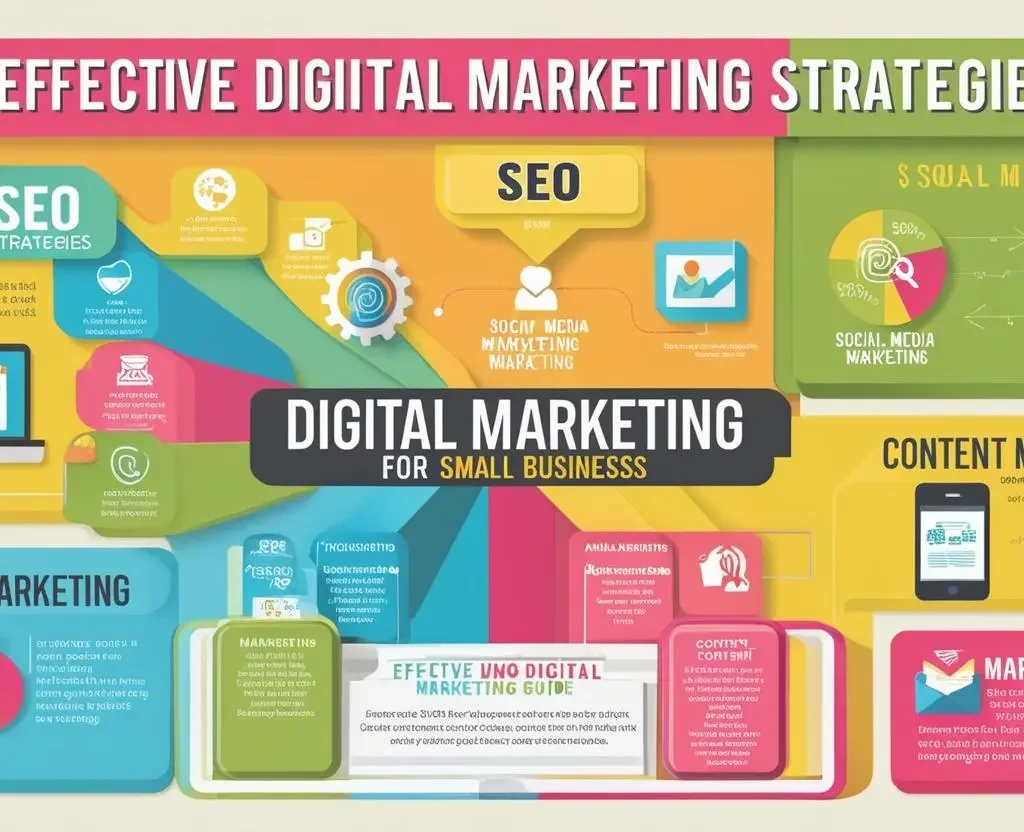
Digital marketing is becoming essential for small firms in today’s fiercely competitive environment. With most consumers turning to the internet to research products and services, an effective digital marketing strategy can help small businesses build brand awareness, drive traffic, and convert leads into loyal customers. This guide dives into actionable, practical strategies tailored to small […]
Benefits of AI in Digital Marketing

The digital marketing landscape is evolving at lightning speed, and one of the most game-changing developments is the rise of artificial intelligence (AI). Among the many advancements, the benefits of AI in digital marketing stand out, from enabling personalized campaigns to automating processes, and revolutionizing how businesses connect with their audiences. In the cutthroat market […]
Avoiding Common SEO Mistakes for Effective Digital Success in 2025
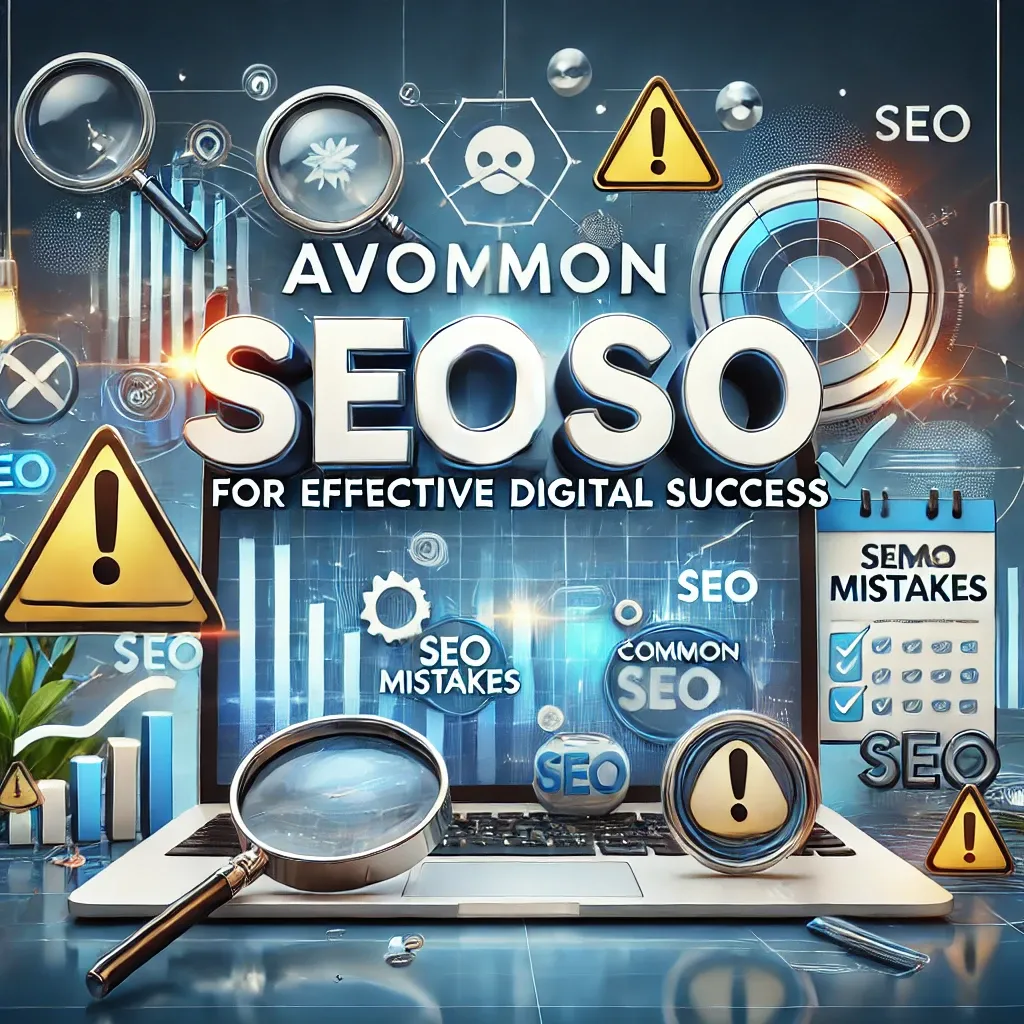
In today’s digital world, knowing SEO is vital for any organization or anyone who wants to make an impression online. Whether you’re a digital marketer, a small business owner, or a blogger, how you approach SEO can significantly impact your online presence. This blog post will guide you through common SEO mistakes, explore their impacts, […]
Mastering Local SEO: A Complete Guide to Boosting Your Business 1st

In the digital-first era, it is imperative to be found online without exception — even more so if you are a small business looking for local competition! It’s Local SEO: So You Can Be Found In Your Neighborhood Local SEO is important for anyone with a brick-and-mortar business or those performing an activity in their […]
B2B Digital Marketing Strategies

In today’s increasingly linked world, digital marketing is more than a trend; it is a requirement For B2B companies, adopting effective digital marketing strategies can significantly boost their presence, engagement, and overall business success. Unlike B2C marketing, where the target audience is individuals, B2B digital marketing strategies focus on selling products or services to other […]
Rank Without Backlinks: SEO Success Strategies
Did you know that 99% of web pages have no backlinks? Most content on the internet doesn’t have any links pointing to it. Yet, some pages still rank high in search results. How does this happen? Ranking well does not always require a large number of backlinks. There are strategies to rank your content, YouTube […]
The Impact of Voice Search Optimization on Search Engine Rankings
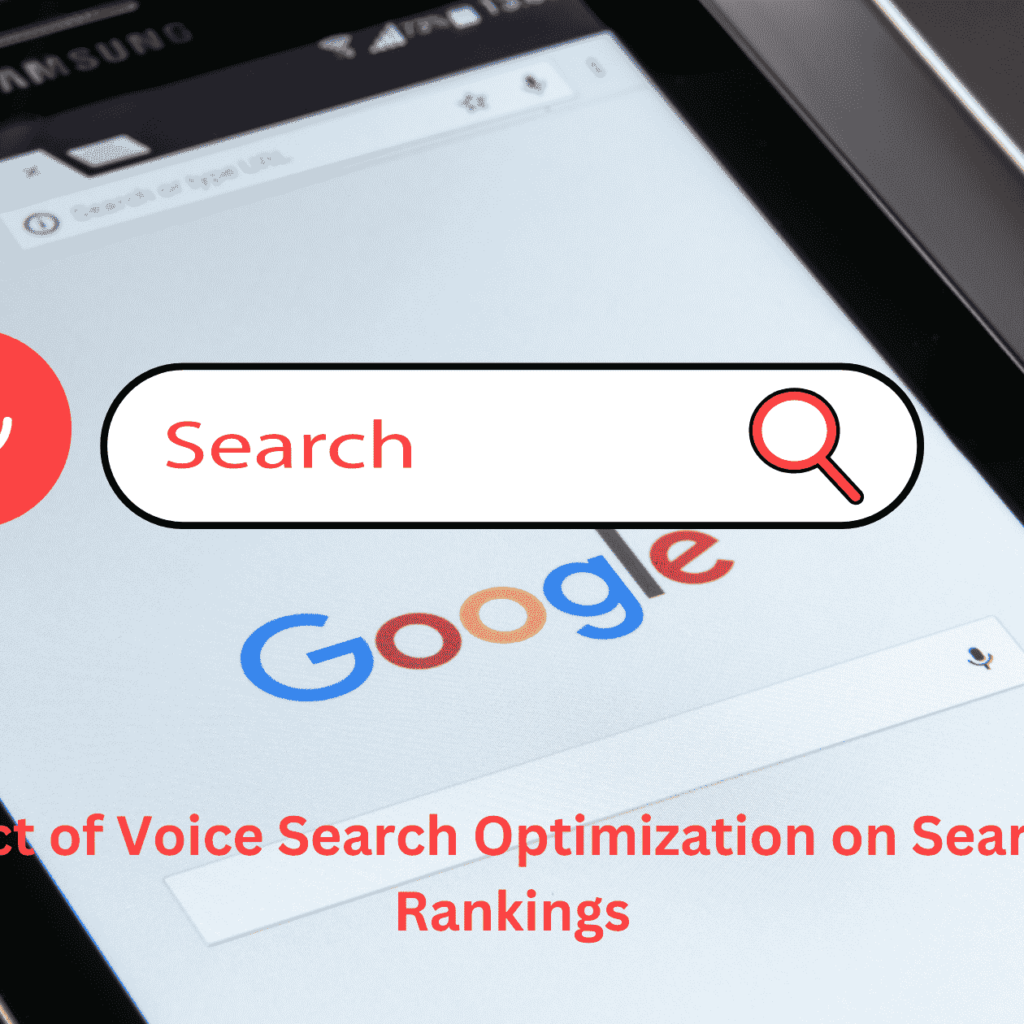
So we can say that because the trend is changing in the digital world, voice search is transforming like never before in interacting with search engines. Smart speakers, Siri, and voice-activated assistants have become important add-ons to any modern SEO strategy as they continue gaining popularity. The impact of voice search optimization on search engine […]
The Ultimate Website SEO Checklist 2024: A Complete Guide
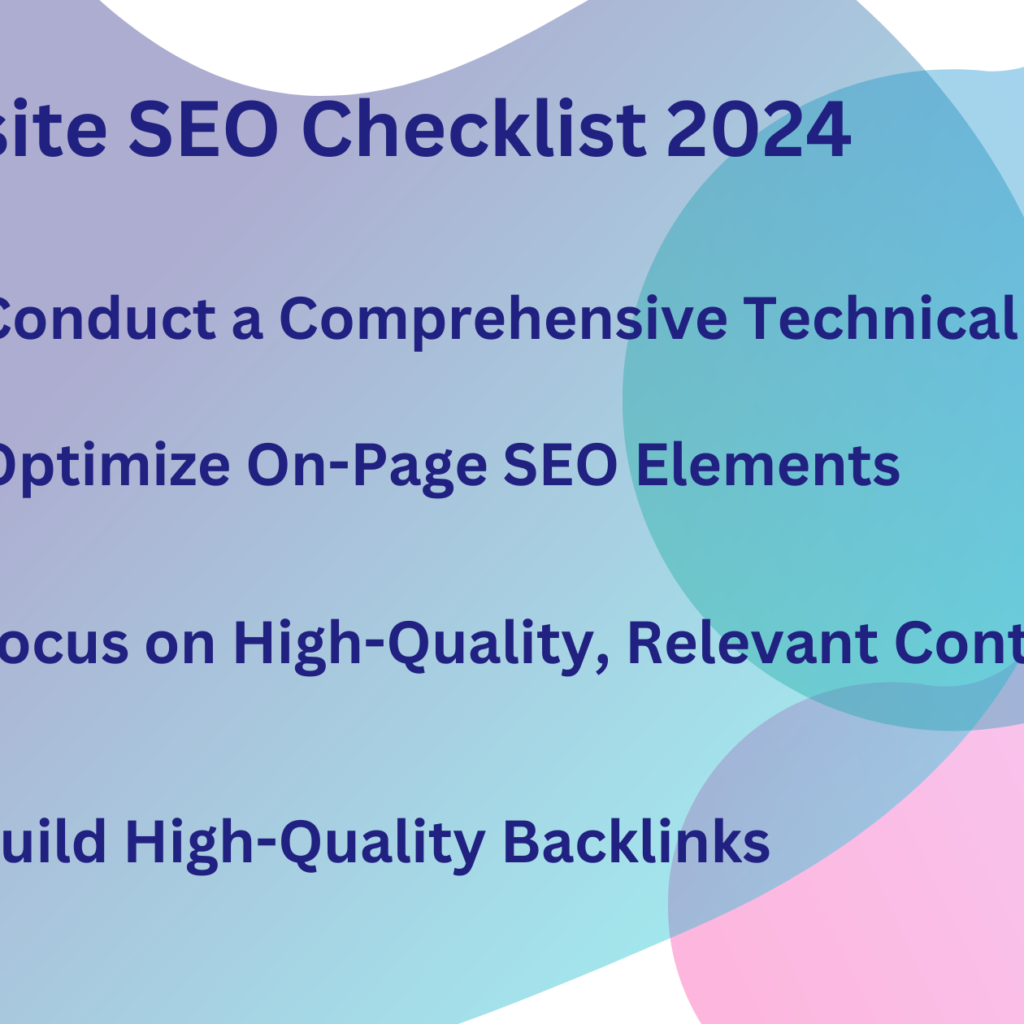
Looking to boost your website’s SEO in 2024? Staying on top of search engine optimization trends is key to staying ahead in the digital world. This comprehensive website SEO checklist 2024 will guide you through the latest strategies to improve your website’s rankings, drive more traffic, and ensure you’re meeting Google’s ever-evolving standards. Whether you’re […]
How to Optimize Your WordPress Site for Mobile SEO
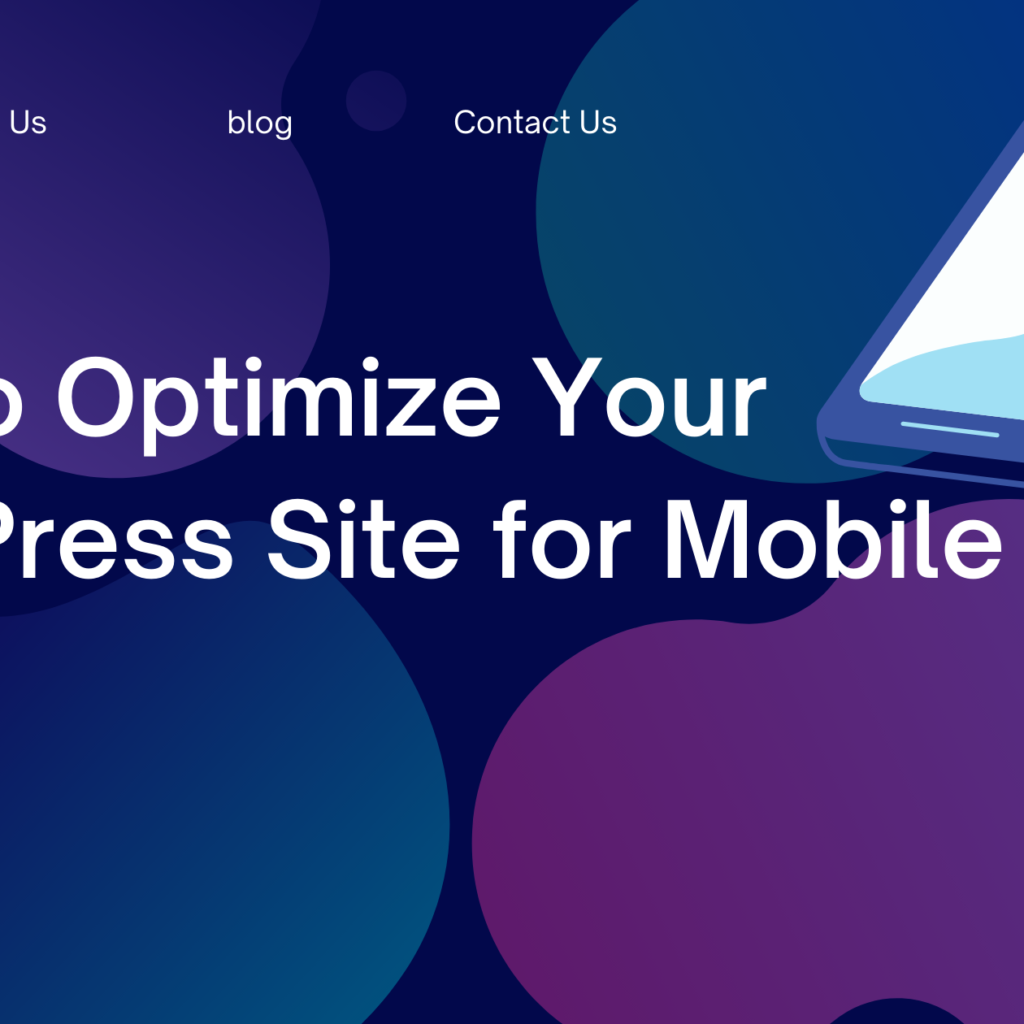
Having a mobile-friendly website is now essential in the current digital era—it is no longer just a choice. With more people using smartphones to browse the internet, optimizing your WordPress site for mobile SEO is crucial to stay ahead in search rankings. In this article, we’ll guide you through the essential steps to ensure that […]
How to Start a Digital Marketing Agency in Pakistan 2024
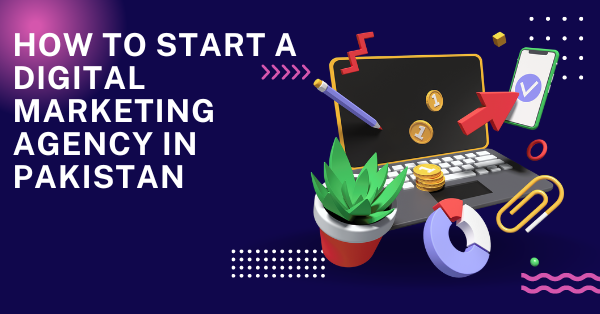
The Pakistani digital landscape is experiencing explosive growth, with businesses scrambling to establish a strong online presence. This presents a golden opportunity for you, the future digital marketing maestro! But where do you even begin? Don’t fret, this comprehensive guide will serve as your launchpad to digital marketing mastery in the Pakistani market. How to […]
